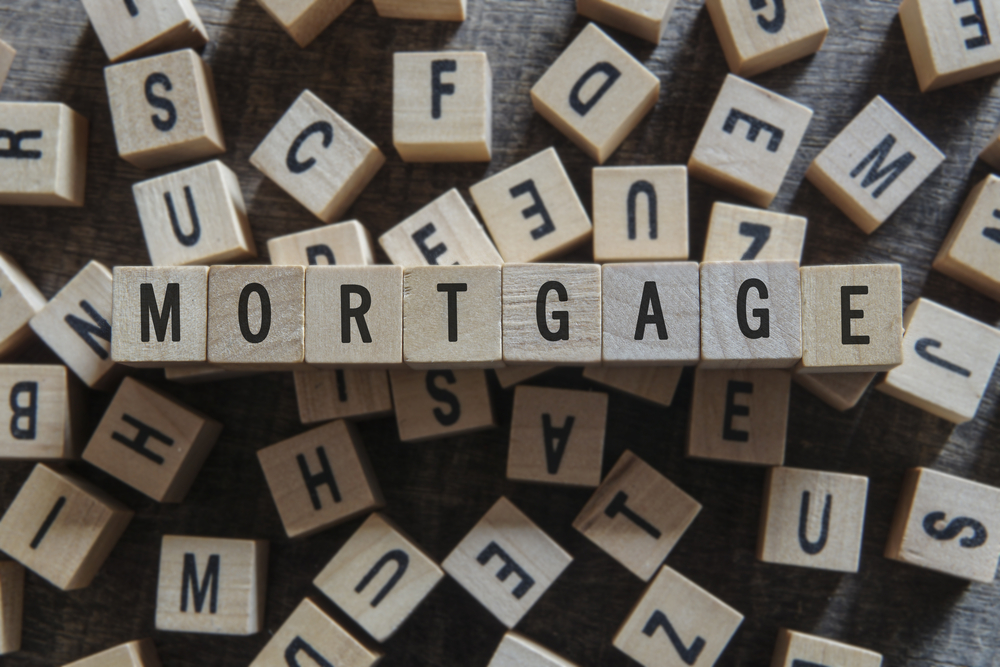Mortgage Key Terms

All Mortgage-Related Terms
Below are just a handful of terms you may hear during your home-buying journey. Check out the following link for a comprehensive list of all the major mortgage-related terms:
Complete List of Homebuyer Vocabulary
Appraisal
An appraisal is a part of the mortgage application process and takes place once the offer on a home has been approved. The lending institution will order the appraisal to be completed by a licensed appraiser. The appraiser is essentially checking to ensure that the home's value supports the purchase price. Usually, the borrower is required to pay the appraiser's fee, and this fee will be included as a part of the closing costs.
It's important to note that an appraisal of the home and a home inspection are not the same. An inspector can be hired directly by the home buyer to thoroughly inspect the home and make a list of potential defects in the home.
Closing Costs
You'll need to come prepared to pay closing costs when you're signing your home loan. Closing costs should not come as a surprise, as they should be provided to you earlier in the process in your loan estimate. Closing costs cover expnses like appraisal fees, title insurance fees, credit report costs, and more, and vary by lender.
Down Payment
A mortgage down payment is the money you put down “on the table” when you take over ownership of your new home. It is the upfront money involved in the purchase. A down payment is usually a percentage of the purchase price. To calculate the amount of the down payment, you multiply the percentage as a decimal fraction by the home price. For example, if the down payment is 20%, you would multiply the purchase price by 0.20.
Usually, prospective owners aim at having saved 10-20% of the purchase price for a down payment. Often, in this case, homeowner’s mortgage default insurance is not required.
Additionally, first-time home buyers sometimes qualify to put a smaller down payment (3-5%), and, in some cases, county or state grants that offer to pay a portion of it (with a few specific stipulations, of course) are available. | Learn more.
Escrow
Your mortgage lender may provide you with an escrow account, which is an account used to pay property-related expenses like annual property taxes, homeowner's insurance, and more on your behalf. A portion of your monthly payment helps to fund this account. It's important to note that not all mortgage lenders offer escrow accounts, and if they don't, you're responsible for making those payments yourself.
A Federal Housing Authority (FHA) mortgage is a government-insured loan. This requires the homeowner to pay the mortgage insurance premiums (MIP) for the cost of insuring the loan. The advantage of FHA mortgages is that the rates are usually significantly lower. FHA loans can also be secured with only a 3.5% down payment. FHA also allows refinancing without having to have the property reappraised. The downside is that the Private Mortgage Insurance (PMI) is usually quite high. | Learn more.
Fixed-Rate Mortgage
With a fixed-rate home loan, your interest rate is set at the time you take out the loan and does not change over the life of the loan.
HOA Dues
Homes located in certain communities or subdivisions may require you to pay Homeowners Association (HOA) dues that go toward maintaining the area you're living in. These are separate from your mortgage payments.
HUD
"HUD" refers to the Department of Housing and Urban Development.
You may also hear about the HUD-1 form. This form is used by the closing agent and itemizes all charges imposed on a borrower and seller in a real estate transaction. This form gives a picture of the closing transaction, and provides each party with a complete list of incoming and outgoing funds. | Learn more.
Mortgage
A mortgage, also known as a "home loan," is a loan used to finance the purchase of your home. A mortgage is made up of several parts – the collateral you use to secure the loan, the principal payments, the interest payments, and taxes and insurance. Mortgage loans are typically taken out for 15 or 30 years and are paid monthly. | Learn more.
Private Mortgage Insurance
Private mortgage insurance (PMI) protects lenders or lending institutions against loss if a borrower fails to pay (or defaults) on his or her mortgage. Most lenders and lending institutions require PMI if the loan is more than 80% of the purchase price. If the prospective home owner can produce a down payment of 20% or more, the mortgage default insurance (PMI) is usually waived.
Term
The term of your mortgage is the length of time you have to pay it off. Most home loans can be set for 15, 20, or 30 year terms.
Veteran Affairs (VA) Loans
The US Department of Veterans Affairs (VA) helps service members, veterans, and surviving spouses of veterans become homeowners. VA loans allow eligible members to buy, build, repair, refinance, or adapt a home in which they must live at very attractive rates.